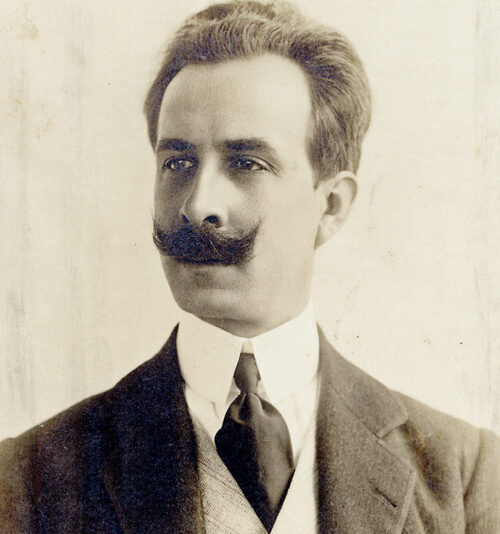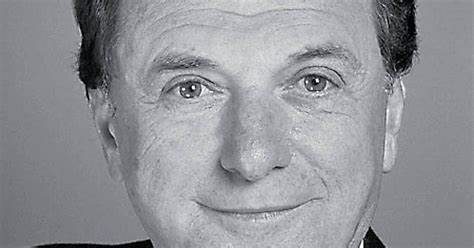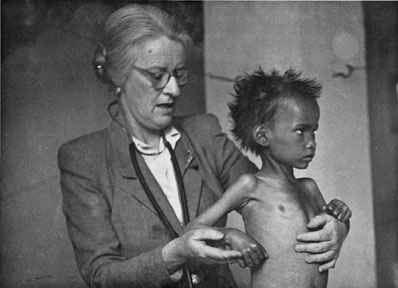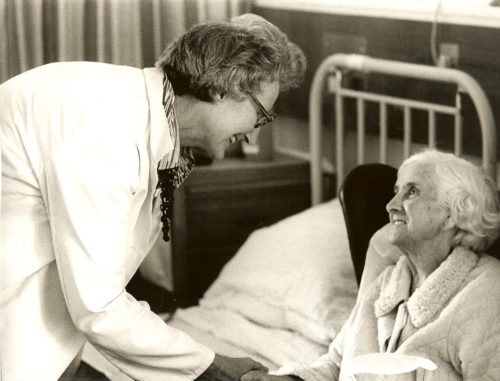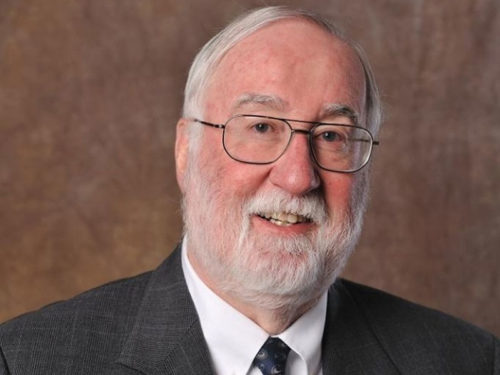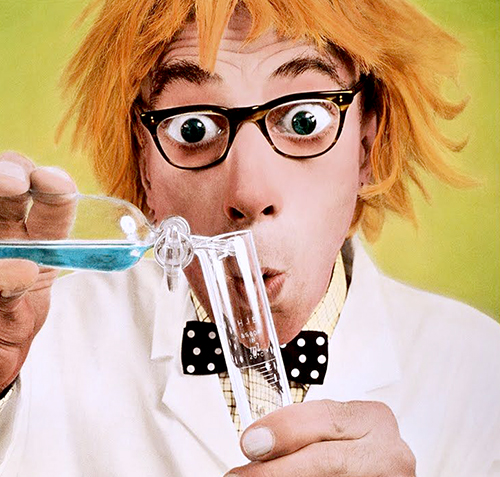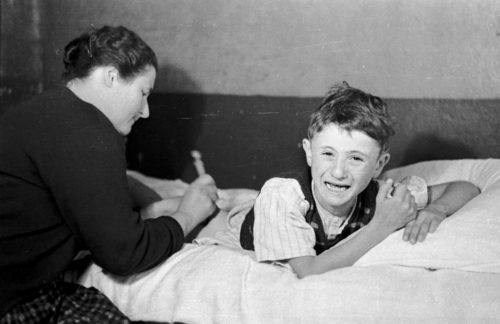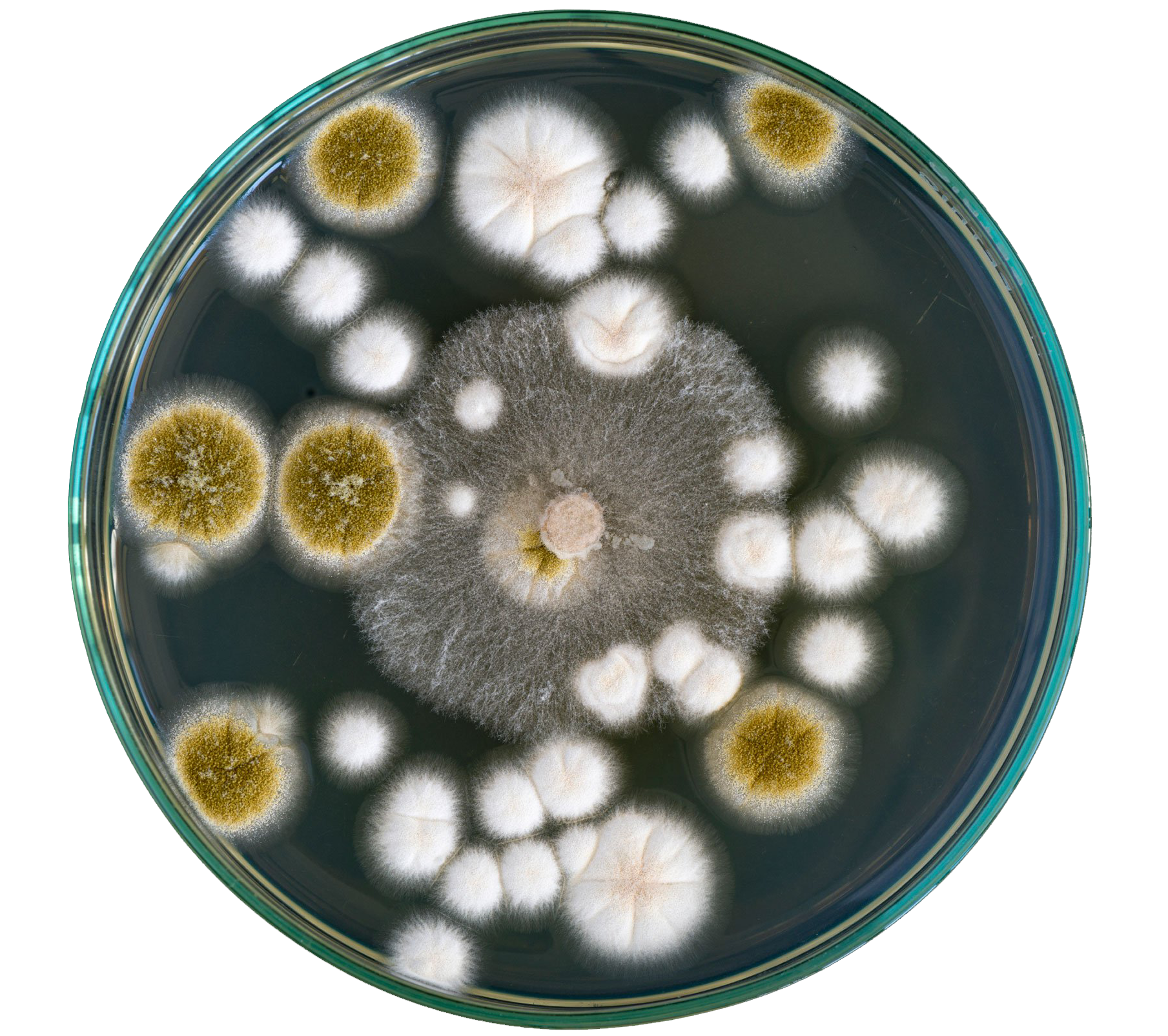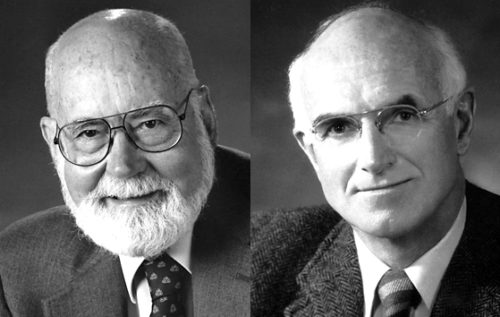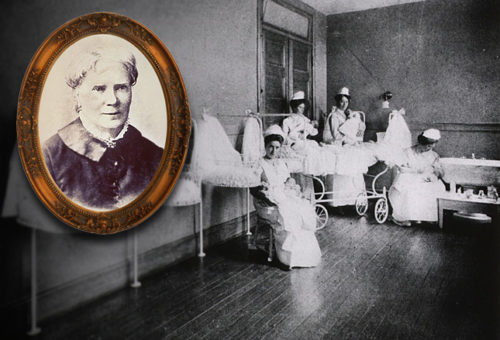Our “Doctor number 26” in the list of most influential doctors of all time, Carlos Justiniano Ribeiro Chagas, lived in the late 1800’s, before the advent of electricity; so, at night had to study by the light of flames. His rituals, widely known by housemates, neighbors and other students, involved reading into the night for as long as two candles lasted.
His incredible work ethic would eventually lead to a medical degree after recovering from Beri-Beri, discovering the cause of three major diseases, having a disease named after him, two nominations for the Nobel Prize, his picture taken with Einstein and his photo on Brazilian money!
Read more →
A Cross-Species Approach to Medicine
Especially when it comes to mental health
Barbara Natterson-Horowitz, Professor of Medicine in the Division of Cardiology at UCLA Medical School, provides a unique perspective on how human well-being, including mental health, can be improved by insights into animal health.
She works in UCLA’s Division of Cardiology and in the Department of Ecology and Evolutionary Biology. Her medical specialty is cardiac imaging — but her academic passion is the evolutionary connection between human and animal bodies and minds.
In 2012, she co-authored the book Zoobiquity: The Astonishing Connection Between Human and Animal Health, advocating a “One Health” approach to medicine. She founded the Zoobiquity Conferences to bring veterinarians and physicians together for “species-spanning” debates and collaborations.
You simply must name things. There’s no getting ’round it. No matter who or how many of the uninitiated rag on you or shame you for being erudite, grandiose or obscure, you can’t just keep using a thing’s description as its name!
You just have to give it a name if you’re going to have a discussion about “that odd noise emanating from your stomach when you’re hungry” or “you know that massive pain in your brain and entire face when you eat ice cream”… even if its name IS barely pronounceable.
Read more →
At home as much with the likes of Johnny Carson, Merv Griffin, Barbara Walters, Oprah Winfrey, and David Letterman as he was with the operating microscope and patients, Doctor Charles D. Kelman gave back the gift of sight to millions of people with his treatment of cataracts through the invention of phacoemulsification, making him number 27 on our list of the most influential doctors of all time.
Read more →
The fact that Cicely D. Williams, our next “most influential doctor of all time”, ended up a female prisoner of war should have been enough to make her renowned; but, …
being the DISCOVERER:
- of the most deadly disease of an era and…
- that it was being treated all wrong, and…
- that the corrupt business practices of the Nestlé Corporation were causing thousands of children’s deaths each year,
cinched the deal for Dr. Cicely D. Williams—a true doctor’s doctor!
Read more →
Cicely Saunders, or as she would eventually be known: Dame Cicely, is a reaffirming and refreshingly different person entirely than the previous woman physician we listed in our quest through the top 50 most influential physicians of all time.
Both were born to privilege. Both had difficult, parentless upbringings. Both succeeded greatly against odds and difficulties. Both had altruistic desires; but, Dr. Saunder’s difficulties made her a person of great compassion and selflessness.
Read more →
Medicine has a lot of “fathers” of various things; and many of the “50 most influential physicians of all time” we’ve been talking about have been considered “fathers” of one thing or another.
Dr. David L. Sackett is no exception—A “father” of evidenced based medicine, number 30 on our list.
Read more →
Much of medicine is uncertainty, but one thing you can be sure of is that: ANYTHING that is discovered is HARD WORK and NOTHING worthwhile just pops into existence! However, that being said, in this series of articles I’ve described more than a few times what I’m calling Brilliant-Serendipity. The amazing things which continually seem to occur and alter the course of human suffering and change its practice forever.
Read more →
The road to discoveries in medicine is anything BUT the scenic route. It is convoluted and littered with failure; however, it does contain more than its fair share of brilliant serendipity which continually alter the course of human suffering and change its practice forever.
Read more →
Truly, much (if not most) of what we do in medicine has had its roots in shear GUTS, DETERMINATION, OCD behavior, STUBBORNESS and… absolute SERENDIPITY! Don’t just take my word for it, ask their discoverers or inventors – accidental medical discoveries.
When I think back on it, to me it’s sheer mind-boggling! I wrote about a few of them, but soon realized these posts need to be put in a series so they can be noticed and thought about.
That’s what the posts listed below are: a list of fifteen or more discoveries which: 1- clearly changed the way the entire practice of medicine worked; 2- benefited all of humanity; and 3- nearly all of humanity has already heard about, but probably dismissed as commonplace.
If you don’t believe me, just think of these words: penicillin, diabetes, pacemakers, X-Ray, ulcer and… Viagra. Got’cha, right? And these are just a few. Read on!
4 Posts in "Accidental Discoveries" Series
- Accidental Discoveries: Intro/Index – 2 Mar 2018
I have to say that the discoveries this series of posts cover are near miraculous. Truly sheer guts, determination, grit, OCD behavior and… let's just say it… sheer accidental luck! Yet they're here and humankind are better off because of them: the Accidental Medical Discoveries Curated Series of posts
- Part 1: Microscopes, Vaccination, Anesthesia, Bacteria Cultures, Viagra – 3 Mar 2018
It's mind-boggling just how many MAJOR discoveries in medicine, indeed all science, are attributed BY THEIR INVENTORS to mear, schmear LUCK! To name just a few: here are the first five (of at least twelve) I can think of. Microscopes, Vaccination, Anesthesia, cultures of bacteria and… Viagra.
- Part 2: Penicillin, Warfarin, Eye Lens, Benzodiazepines, Interventional Radiology, Ulcers – 13 Mar 2018
The path to a medical discovery is anything but "straight and narrow"! More than any scientist likes to believe or talk about, these "discoveries" take the scenic route. Such was the case with penicillin, anti-coagulants, replacement eye lenses, anti-anxiety drugs, heart surgery and ulcer treatment. Many invented in time to save lives during war.
- Part 3: X-Rays, PAPs, Pacemakers, Rogaine, Antabuse, Pancreas-Diabetes – 15 Mar 2018
It's amazing no one was actually killed when these things were invented! From a device which was supposed to record the heart but instead accidentally sparked; to double-dealing by a pharmaceutical company and filing a police report. X-Rays, vaginal cancer, hair growth, alcoholism treatment and the diabetes–pancreas relation. These all had to be "the-grace-of-God" discoveries.
If you’d like to know more about medical discoveries, I’ve written posts about many important physicians throughout time in a large continuing series.
Old man death has not had such an easy time since these next two “most influential doctors of all time” came on the scene.
Dr. E. Donnall Thomas and Dr. Joseph E Murry, both received the 1990 Nobel prize for their independent lifetime of work against cancer and the life-saving techniques they developed and pioneered.
Read more →
We’ve been following a list of the 50 most influential physicians in history compiled by a medical magazine and have reached number 32 with Dr. Elizabeth Blackwell.
A lot has been written about her, I suppose mostly due to the fact that she was the first woman to earn a medical degree in the United States. No small feat; but, it’s difficult to describe how to call it: serendipity? Chance? Accidental? Stubbornness? Tenacity? Luck?
Read more →
:

